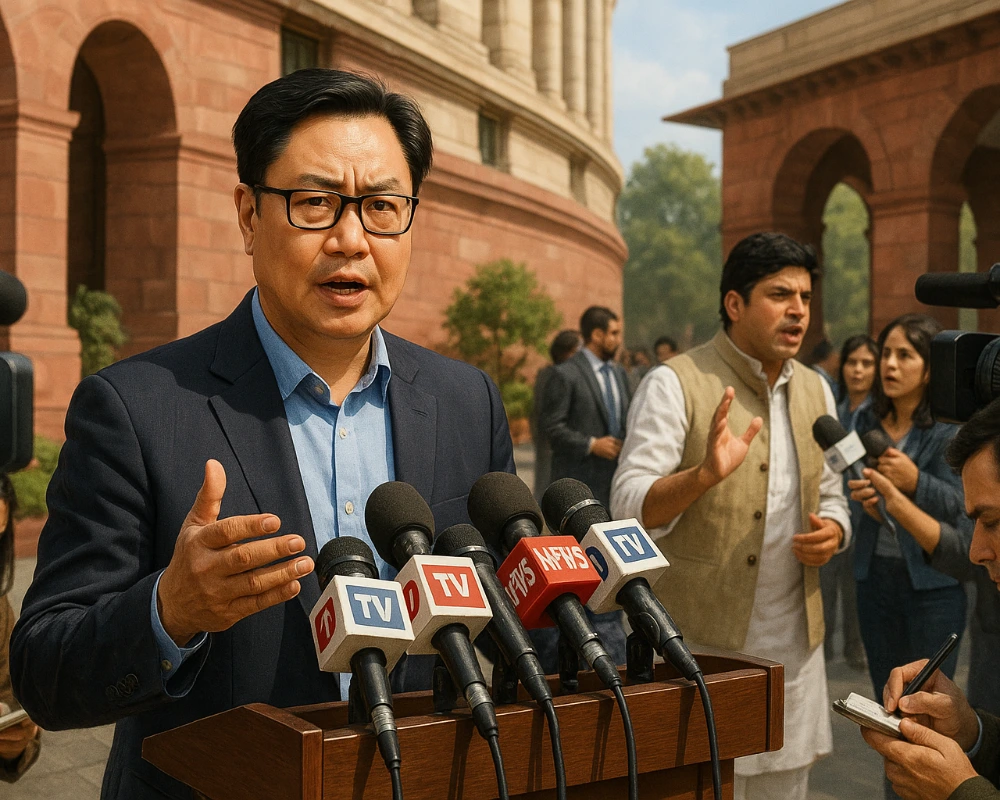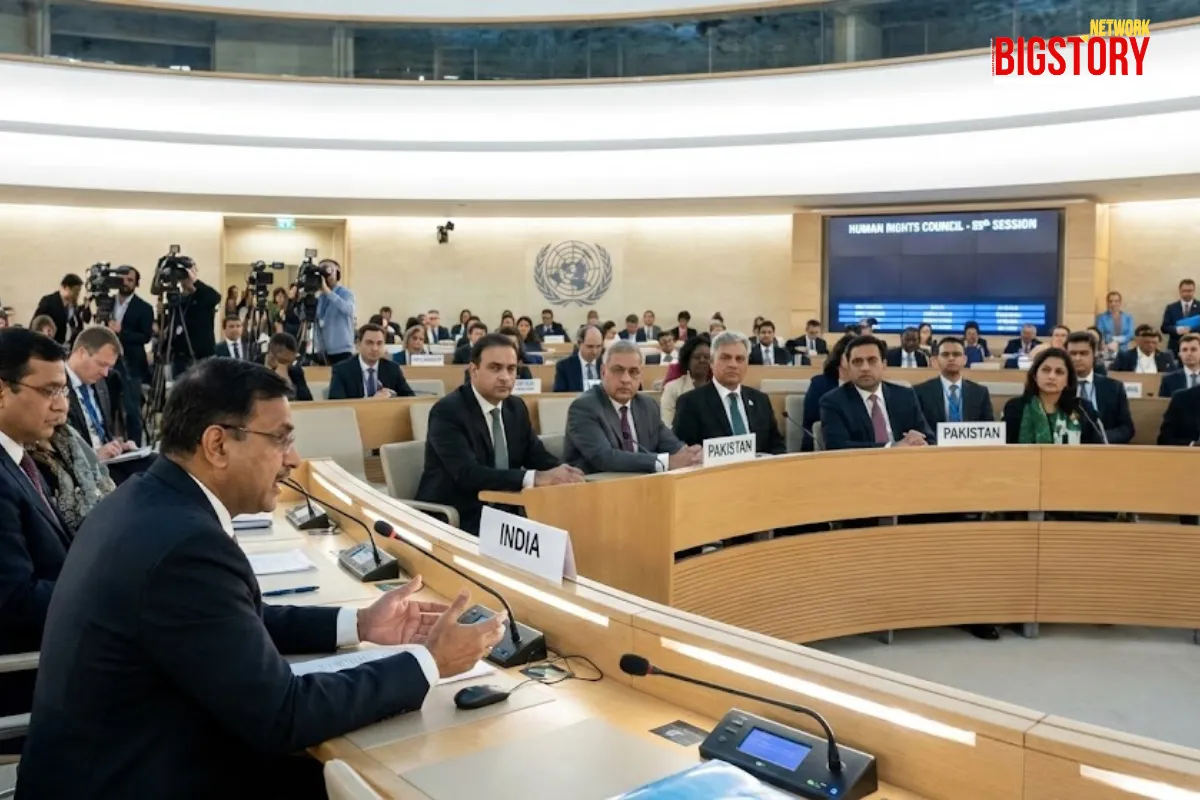Supreme Court partially stays Waqf Amendment Act 2025. Faith-based eligibility rules and executive land dispute powers suspended, while other reforms continue.
 Brajesh Mishra
Brajesh Mishra

New Delhi, September 15, 2025 – The Supreme Court has refused to suspend the Waqf (Amendment) Act, 2025 in its entirety, but imposed a partial interim stay on key provisions. A bench led by Chief Justice B.R. Gavai and Justice Augustine George Masih held that while Parliament enjoys wide legislative powers, clauses affecting religious identity and executive overreach required closer scrutiny.
The Waqf (Amendment) Act, 2025 was introduced to:
Petitioners argued that removing “Waqf by user” would harm long-standing community practices and that faith-based eligibility rules were arbitrary and exclusionary.
Q1: What is the Waqf Amendment Act, 2025?
A law passed to reform Waqf property management by digitizing records, preventing misuse, and expanding inclusivity in Waqf boards.
Q2: Which provisions did the Supreme Court stay?
Q3: Is the entire Act invalid now?
No. The Court only stayed selective provisions; the rest of the Act continues to operate.
Q4: What happens to Waqf-by-user claims?
The removal of “Waqf by user” is still valid, pending further hearing.
Q5: Can non-Muslims still serve on Waqf boards?
Yes. The Court allowed caps on representation (max. 4 in Central Council, 3 in State Boards).
Q6: Why did the Court not stay the whole law?
Because of the principle of judicial restraint: unless a law is clearly unconstitutional, courts avoid blocking an entire statute.
Q7: What’s the impact on property owners?
Immediate protection against arbitrary takeover by district collectors; disputes will go before tribunals instead.






Sign up for the Daily newsletter to get your biggest stories, handpicked for you each day.
 Trending Now! in last 24hrs
Trending Now! in last 24hrs



